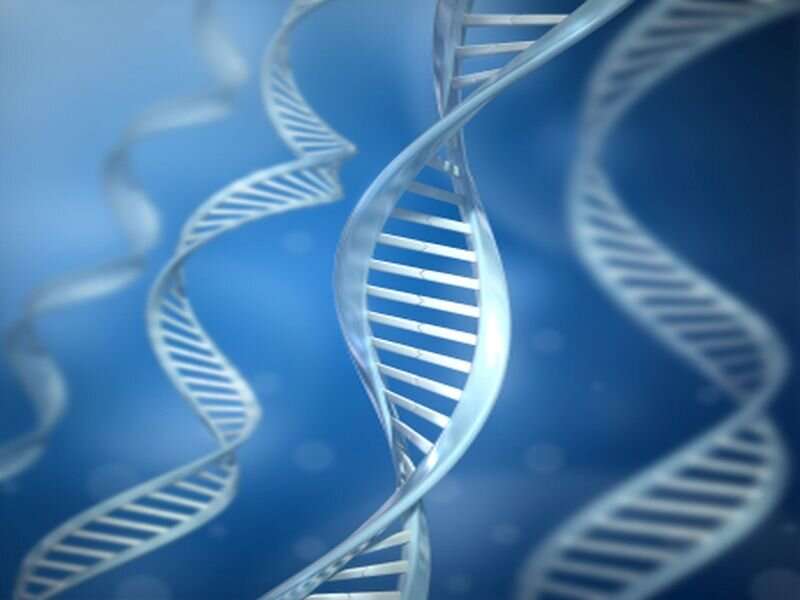(HealthDay)—One in six patients with colorectal cancer (CRC) has an inherited cancer-related gene mutation, and 60 percent of these cases would not have been detected using guideline-based testing, according to a study published online April 12 in Clinical Gastroenterology and Hepatology.
Pedro Uson Junior, M.D., from the Mayo Clinic Arizona in Phoenix, and colleagues conducted germline sequencing using a >80 gene next-generation sequencing platform among 361 CRC patients (not selected for age or family history) receiving care between April 1, 2018, and March 31, 2020.
The researchers found pathogenic germline variants (PGV) in 15.5 percent of patients, including 44 in moderate- and high-penetrance cancer susceptibility genes. An additional 34 patients had incremental clinically actionable findings that would not have been detected by practice guideline criteria or a CRC-specific gene panel. There was an association noted between younger age at diagnosis and the presence of PGV (odds ratio, 1.99). There were no differences observed in overall survival between those with or without a PGV after a median follow-up of 20.7 months. Based on genetic findings, 11 percent of patients had modifications in their treatment. Family cascade testing was low (16 percent).
"Steps are being taken to ensure all patients are offered genomic sequencing to better understand the genes that led to the development of their cancer, and how to precisely target treatment and improve survival," a coauthor said in a statement.
Several authors disclosed financial ties to the diagnostics industry.
More information: Abstract/Full Text (subscription or payment may be required)
Journal information: Clinical Gastroenterology and Hepatology
Copyright © 2021 HealthDay. All rights reserved.
























